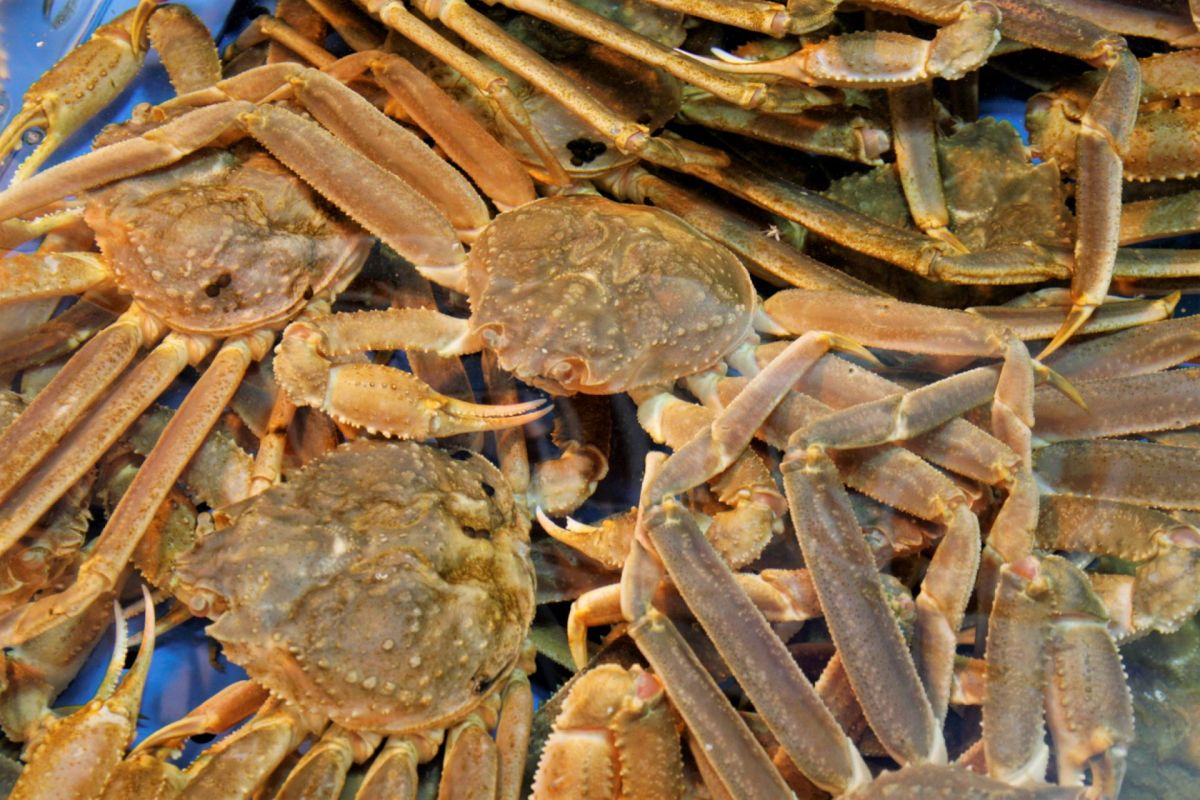Alaska is known for its commitment to sustainable fishing, but over the past few years, billions of snow crabs have disappeared from the state's waters, prompting an investigation that revealed the tragic reason for their absence.
What happened?
As CNN's Rachel Ramirez detailed, the Alaska Department of Fish and Game canceled the snow crab harvest for the second consecutive year on Oct. 6 because of limited numbers of the creature.
When scientists at the National Oceanic and Atmospheric Administration (NOAA) looked further into the matter, they discovered that 10 billion crabs had disappeared from the eastern Bering Sea since 2018. They believe unusually warm waters in 2018 and 2019 likely caused a starvation event, with the high temperatures increasing the caloric needs of the snow crabs, according to an article published in the journal Science.
"When I received the 2021 data from the survey for the first time, my mind was just blown," Cody Szuwalski, a fishery biologist at the NOAA who was the lead author of the study, told CNN.
"Climate change is really throwing a wrench into our plans, our models, and our management systems," Szuwalski added.
Why is this concerning?
While warmer waters may seem like a good thing for those who love to take a dip in the sea, the high temps, unfortunately, create a host of environmental hazards for sea creatures and humans — and those rising temps aren't just limited to Alaska.
The oceans, which help regulate the planet's temperature, absorbed more than 90% of the human-pollution-caused overheating of Earth between 1971 and 2010, according to the Intergovernmental Panel on Climate Change. And the rate of the rising temps is increasing.
Fish and seafood are a major source of protein for more than three billion people, while 10-12% of the global population depends on the fishing industry for their livelihoods, according to the nonprofit The Nature Conservancy.
What is being done to combat ocean warming?
Thankfully, many nations are already supporting initiatives to reduce their pollution from heat-trapping gases, while a number of innovative scientists and companies are adding to our toolkit with solutions such as carbon capture technology.
Not a scientist or an inventor? You can still be part of the solution and even save money in the process, including by unplugging your appliances and turning off your lights when they aren't in use.
Join our free newsletter for cool news and cool tips that make it easy to help yourself while helping the planet.








